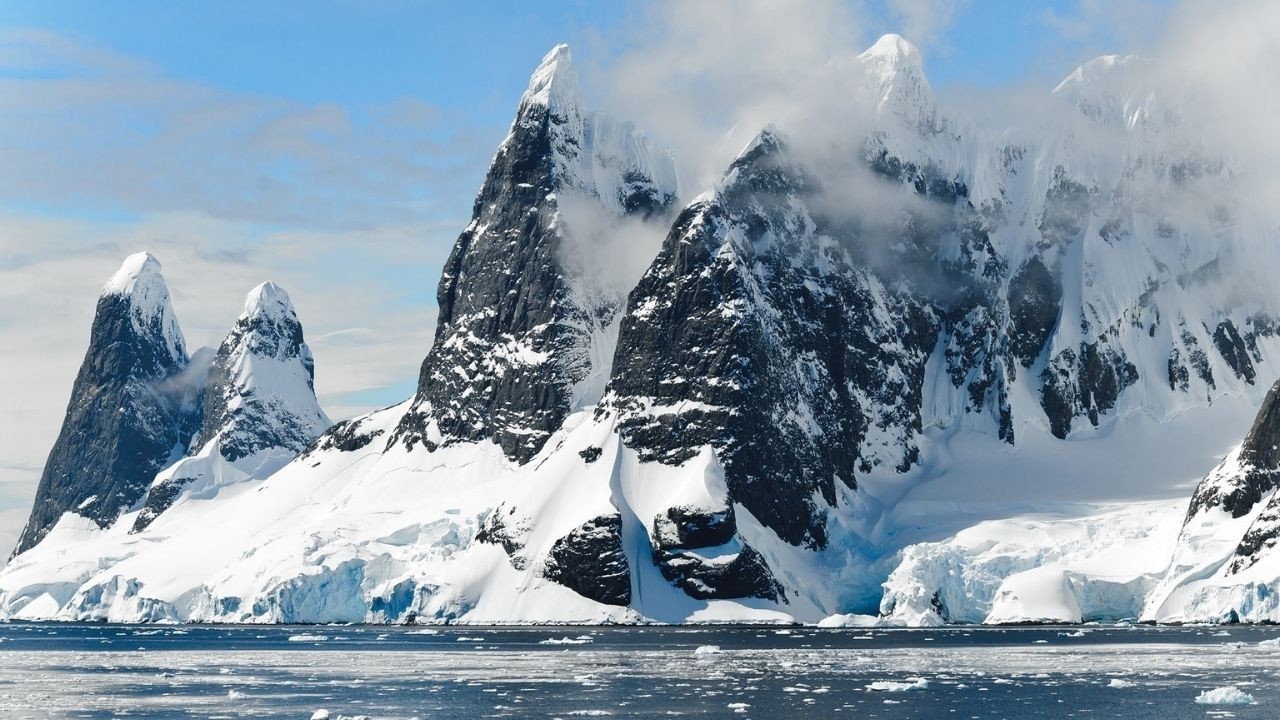Are we really in a climate emergency?

The year 2016 felt like a great time for tackling climate change. Every country in the world had signed The Paris Agreement, with the Signatories promising to reduce greenhouse gas emissions.
As a result of the agreement each government formed a committee to report progress on climate change goals. For example, in the UK The Committee on Climate Change (CCC) undertook that role. The CCC’s 2020 report advises all government departments thus: ‘Ahead of the CCC's next adaptation progress report in 2021, demonstrate adaptation planning for a minimum 2°C and consideration of a 4°C global temperature rise (by 2100 from pre-industrial levels).’
What would a 4°C world look like? Author George Marshall described why his book, Don’t even think about it is important when he wrote three snapshots of a four-degree world. There will be an Earth of hell-like heatwaves of a magnitude the planet has not seen for five million years. Rain forests will be scorched, with the consequent loss of life-saving drugs, and enormous regions rendered uninhabitable. Food yields will be reduced, people will starve. This will be the norm.
George Marshall writes: “Nor is there any guarantee that temperatures would level off at four degrees – at this level further powerful feedbacks and tipping points could lead temperatures to keep rising further, to six and then eight degrees.” George Marshall also writes that an increase of ‘four degrees guarantees the total melting of the Greenland Ice Sheet and, most likely, The Western Antarctic Ice Sheet.’
The Greenland Ice Sheet is melting four times faster than previously thought. In June 2020 an all-time heat record was breached in the Arctic. With 95 per cent of the old ice, it is the fastest warming place on Earth. The permafrost collapse is now irreversible and is possibly a tipping point that has been crossed and the resulting release of methane is unprecedented.
Since the publication of Marshall’s book, melting of the ice sheets in both Greenland and Antarctica have rapidly increased and are matching the IPCC’s worst-case climate warming scenarios.
The Arctic is on target to be ice free by 2029.
Serious research and a number of eminent scientists believe that based on the evidence about half a billion people will survive a four-degree centigrade world. The entire tropical region will be rendered uninhabitable. The current population of Earth is 7.8 billion which means that 7.3 billion people will die. That’s an astounding revelation when reading the dry language of the advice to all government departments in considering a four-degree rise!
The statement ‘demonstrate adaptation planning for a minimum 2°C’ is also worrying. Some 197 countries (every country on Earth) has signed The Paris agreement, which was supposed to keep temperatures below two degrees. If the Earth warms above 2 per cent then the worst effects of climate change will become reality: extreme heat, severe storms, drought, fires, and rising sea levels. The main reason why countries decided on two per cent is because we might lose control of the climate because tipping points kick in leading to cascades and cycles that perpetuate and feed into one another.
In a 2009 Guardian article, climate change experts agreed that the world will not meet its two per cent targets. The majority (46%) polled believed that the temperature would rise by three to four degrees centigrade. That was eleven years ago but the climate has changed so rapidly that if they were asked today the result would most likely be very different.
Currently, most climate scientists say that we are headed into a three to seven-degree catastrophe that will be suffered by humanity and, most animals on the planet, at some point in the next thirty-five to seventy years.
One group of scientists have stated that more than half of climate tipping points identified (nine) are now active. In an article in Nature scientists wrote: “The growing threat of abrupt and irreversible climate changes must compel political and economic action on emissions.” And further added: “In our view, the consideration of tipping points helps to define that we are in a climate emergency and strengthens this year’s chorus of calls for urgent climate action — from schoolchildren to scientists, cities and countries. The authors discovered that climate tipping points such as the loss of the West Antarctic Ice Sheet or The Amazon Rainforest are much more likely than previously thought. This threatens the existence of human civilisations.
The authors fear a "cascade of tipping points that led to a new, less habitable, ‘hothouse’ climate state." They invited other scientists to argue with the conclusion that cascading effects might be common.
The researchers analysed "30 types of regime shift spanning physical climate and ecological systems, from collapse of the West Antarctic Ice Sheet to a switch from rainforest to savanna." and found that one cascade can cause another because the Earth's systems interact.
The article did not describe one possible horrific consequence of our current situation, that of Latent Heat of Absorption. There are “two common forms of latent heat, which are latent heat of fusion (melting) and latent heat of vaporization (boiling). In both cases the change is endothermic, meaning that the system absorbs energy.”
One likely possible consequences of rapidly vanishing Arctic sea ice is that the Latent Heat of Absorption goes from zero degrees Celsius to eighty and the frozen methane acts as a heat sink. This would lead to boiling of the frozen methane before entering a period of runaway warming to ten degrees or more in just thirty years.
The most feared scenario of domino effects is underway. It is clearly an emergency and the biggest in all human history. Action must be immediate.
The Graphic below has been sourced from the Journal Nature.
Sources

50% Complete
Two Step
Lorem ipsum dolor sit amet, consectetur adipiscing elit, sed do eiusmod tempor incididunt ut labore et dolore magna aliqua.
